Narendra Modi, the 14th and current prime minister of India, will celebrate his 73rd birthday on September 17, 2023. He was born on September 17, 1950, in Vadnagar, a small town in the Indian state of Gujarat. Modi’s life has been a remarkable journey from humble beginnings to the highest office in the country.
Narendra Modi’s Life Events: | |
| 1950 | Narendra Damodardas Modi is born on September 17 in Vadnagar, Gujarat, India, to Damodardas Modi and Hiraben Modi. |
| 1971 | Modi joins the Rashtriya Swayamsevak Sangh (RSS), a Hindu nationalist organization. |
| 1978 | He completes his schooling in Vadnagar and leaves home for Ahmedabad in search of work. |
| 1978-1988 | During this period, he works at the Gujarat State Road Transport Corporation’s office and later joins the RSS full-time. |
| 1987 | He becomes a full-time pracharak (campaigner) for the RSS and takes a sabbatical to travel extensively throughout India. |
| 1990 | Modi returns to the RSS and continues his political and organizational work. |
| 1995 | Narendra Modi ties the knot with Jashodaben Chimanlal Modi, an arranged marriage that he later acknowledged publicly. |
| 2001 | Modi is appointed as the Chief Minister of Gujarat. |
| 2002 | Gujarat faces severe communal riots, leading to controversy and criticism of Modi’s handling of the situation. |
| 2007 | He is re-elected as the Chief Minister of Gujarat. |
| 2011 | Modi wins a third term as the Chief Minister of Gujarat. |
| 2013 | He is named the Prime Ministerial candidate for the Bharatiya Janata Party (BJP) for the 2014 Indian general elections. |
| 2014 | The BJP wins the general elections, and Narendra Modi becomes the 14th Prime Minister of India. He also files nomination papers to contest the Varanasi Lok Sabha seat. |
| 2019 | Modi leads the BJP to victory in the 2019 Indian general elections, securing a second term as Prime Minister. He acknowledges his marriage to Jashodaben in his election affidavit. |
| 2020 | Under his leadership, India faces challenges including the COVID-19 pandemic and border tensions with China. |
| 2021 | The BJP wins several state elections, maintaining its dominance in Indian politics. |
| 2022 | – Narendra Modi attends the G20 summit in Bali, Indonesia, where he meets with world leaders to discuss global issues such as the COVID-19 pandemic, climate change, and the war in Ukraine. – Modi launches the National Single Window System, a digital platform to streamline the business registration and approval process in India. – Modi inaugurates the Kashi Vishwanath Corridor, a 900-meter-long corridor connecting the ancient Kashi Vishwanath Temple to the Ganga River in Varanasi. |
| 2023 | – Narendra Modi celebrates his 73rd birthday on September 17. – India hosts the G20 summit in New Delhi, where Modi welcomes world leaders to discuss global issues such as economic recovery, sustainable development, and digital transformation. – Modi launches the Pradhan Mantri Jan Dhan Yojana 2.0, a financial inclusion scheme to provide more benefits to unbanked and underbanked Indians. – India assumes the presidency of the Shanghai Cooperation Organization (SCO), a regional security and economic grouping. |
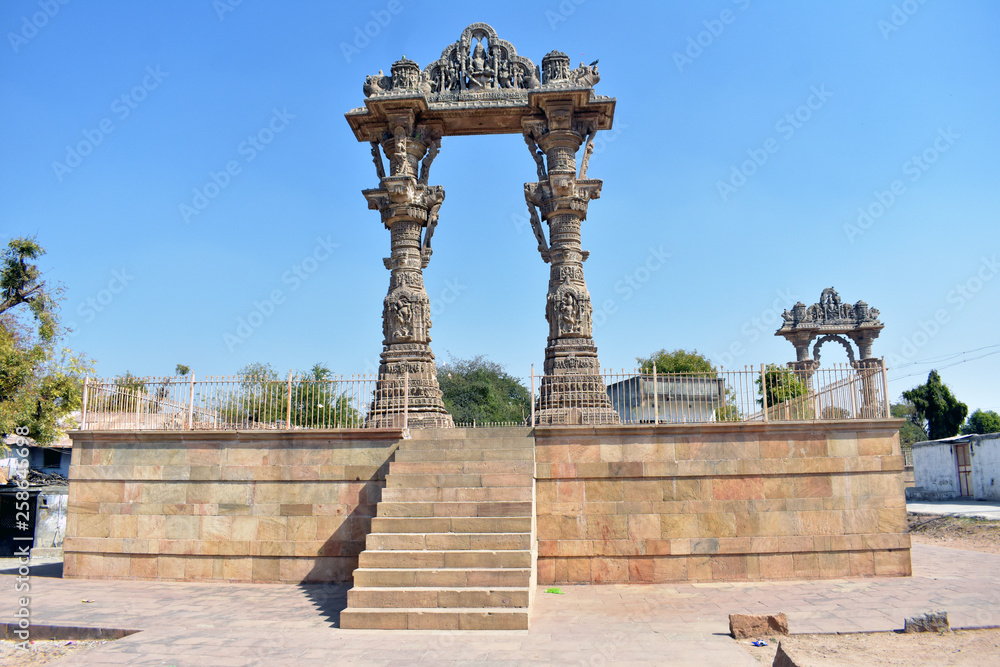
Modi’s early life was marked by hardship. He was born into a poor family and had to work from a young age to help support his family. He helped his father sell tea at the local railway station and also worked as a door-to-door salesman.
However, Modi was also a bright and ambitious student. He excelled in school and went on to earn a degree in political science from the University of Delhi. After graduating from college, Modi joined the Rashtriya Swayamsevak Sangh (RSS), a Hindu nationalist organization. He quickly rose through the ranks of the RSS and became a prominent figure in the Bharatiya Janata Party (BJP), the political arm of the RSS.

In 2001, Modi was elected the chief minister of Gujarat. He served as chief minister for 13 years, during which time he oversaw a period of rapid economic growth in the state. However, his tenure as chief minister was also marred by the 2002 Gujarat riots, in which over 1,000 people, mostly Muslims, were killed.
Modi has been accused of failing to do enough to stop the riots. However, he has always denied any wrongdoing. He has also maintained that the riots were a result of a conspiracy to defame him.
In 2014, Modi led the BJP to a landslide victory in the general election, becoming the first prime minister to be born after India’s independence in 1947. He was re-elected in 2019 with an even larger majority.
As prime minister, Modi has focused on economic development and infrastructure projects. He has launched a number of initiatives to boost the Indian economy, including the “Make in India” campaign and the “Skill India” mission. He has also invested heavily in infrastructure projects, such as roads, railways, and airports.
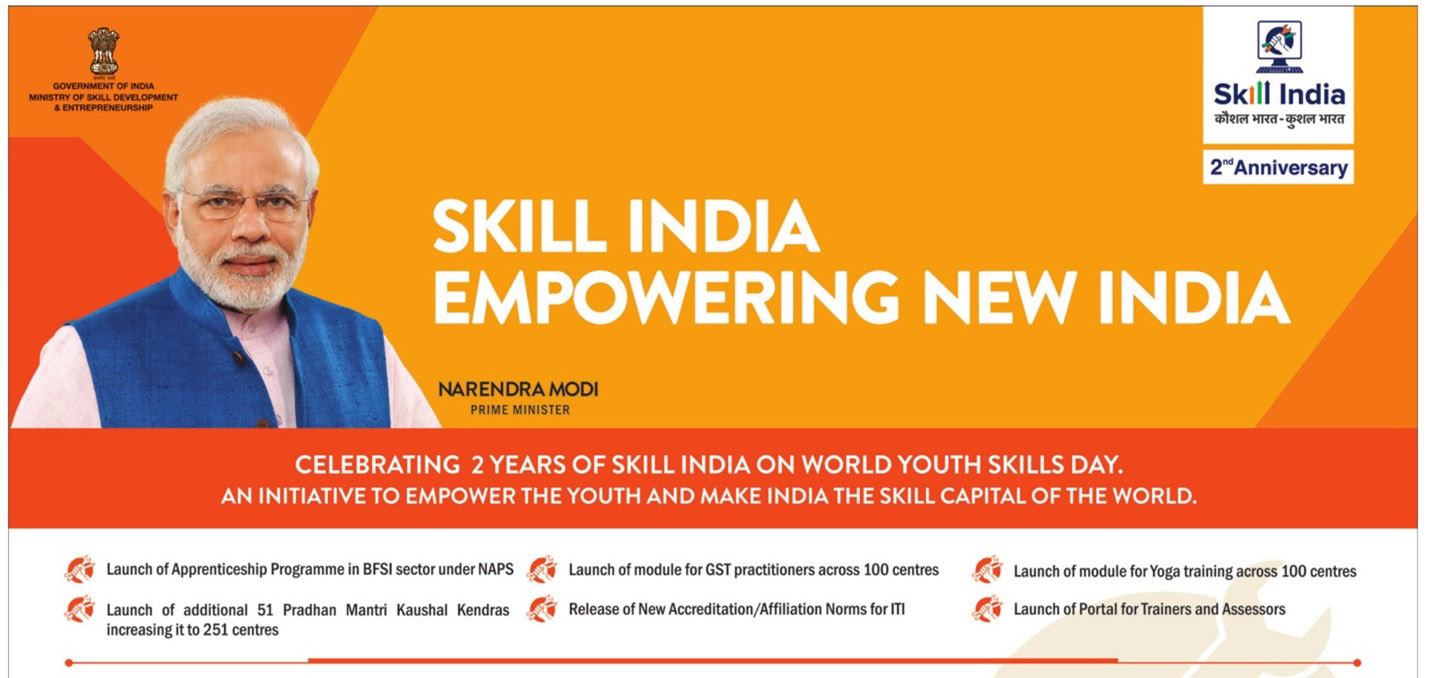
Narendra Modi’s economic policies have been credited with boosting India’s economic growth. However, they have also been criticized for widening the gap between the rich and the poor.
Modi has also taken a more assertive foreign policy stance than his predecessors. He has strengthened India’s ties with the United States and other major powers. He has also played a more active role in regional affairs.
Modi’s foreign policy has been praised by some for making India a more important player on the world stage. However, it has also been criticized by others for being too hawkish.
Modi is a complex and controversial figure. He is both admired and reviled. However, there is no doubt that he is one of the most consequential Indian leaders of his generation.
Modi’s Domestic Policies in Detail
Modi’s domestic policies have been focused on economic development and infrastructure projects. He has launched a number of initiatives to boost the Indian economy, including:
- Make in India: This initiative aims to attract foreign investment and create jobs in the manufacturing sector.
- Skill India: This mission aims to train and skill India’s workforce to make them more competitive in the global economy.
- Jan Dhan Yojana: This financial inclusion scheme has opened bank accounts for millions of unbanked Indians.
- Pradhan Mantri Jan Dhan Yojana: This insurance scheme provides affordable insurance cover to millions of poor Indians.
- Pradhan Mantri Ujjwala Yojana: This scheme provides free gas connections to poor women.
- Swachh Bharat Abhiyan: This cleanliness drive aims to make India clean and free from open defecation.
Narendra Modi has also invested heavily in infrastructure projects, such as roads, railways, and airports. He has launched the following major infrastructure projects:
- Bharatmala Pariyojana: This project aims to develop a network of highways and expressways across India.
- Sagarmala Pariyojana: This project aims to develop India’s coastal infrastructure.
- Dedicated Freight Corridors: These freight corridors will help to improve the efficiency of India’s freight transportation system.
- Smart Cities Mission: This mission aims to develop 100 smart cities in India.
- Ujjwala Bharat Mission: This mission aims to provide free gas connections to poor women.
Modi’s economic policies have been credited with boosting India’s economic growth. However, they have also been criticized for widening the gap between the rich and the poor.
Narendra Modi’s Foreign Policy in Detail
Modi has taken a more assertive foreign policy stance than his predecessors. He has strengthened India’s ties with the United States and other major powers. He has also played a more active role in regional affairs.
Modi’s foreign policy has been praised by some for making India a more important player on the world stage. However, it has also been criticized by others for being too hawkish.

One of the key pillars of Modi’s foreign policy is the “Act East” policy, which aims to strengthen India’s ties with Southeast Asia and East Asia. Modi has made a number of visits to the region and has launched a number of initiatives to boost cooperation in areas such as trade, investment, and security.
Narendra Modi has also strengthened India’s ties with the United States. He has met with US President Donald Trump on a number of occasions and has built a close relationship with him. The two countries have also enhanced cooperation in areas such as security, trade, and investment.

Narendra Modi has also taken a more assertive stance on regional issues. He has been critical of China’s aggressive behavior in the Indo-Pacific region and has taken steps to counter China’s growing influence. Modi has also been a strong supporter of the Quadrilateral Security Dialogue (Quad), a grouping of India, the United States, Japan, and Australia that is seen as a counterweight to China.
Modi’s foreign policy has been successful in making India a more important player on the world stage. However, it has also been criticized by some for being too hawkish. Modi’s critics argue that his policies are leading to a more militarized and confrontational international environment.
Despite the criticism, Modi’s foreign policy remains popular with the Indian people. Modi is seen as a strong and decisive leader who is standing up for India’s interests on the world stage.
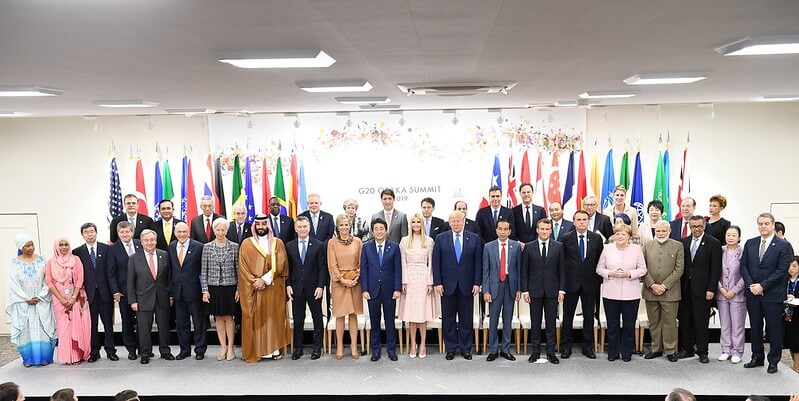
Yes, there is more that can be said about Narendra Modi’s foreign policy. Here are some additional points:
- Modi has also taken a more proactive approach to diplomacy in Africa. He has made a number of visits to the continent and has launched a number of initiatives to boost cooperation in areas such as trade, investment, and development.
- Modi has also played a leading role in the Indian Ocean Rim Association (IORA), a regional grouping of 23 countries. Modi has used IORA to promote India’s vision for a free and open Indo-Pacific region.
- Modi has also been a strong supporter of the International Solar Alliance (ISA), a global initiative to promote the use of solar energy. Modi has used the ISA to promote India’s leadership in the field of renewable energy.
Overall, Modi’s foreign policy has been successful in making India a more important player on the world stage. He has strengthened India’s ties with major powers and regional partners. He has also taken a more proactive approach to diplomacy in Africa and the Indo-Pacific region.
However, Narendra Modi’s foreign policy has also been criticized by some for being too hawkish. His critics argue that his policies are leading to a more militarized and confrontational international environment.
Despite the criticism, Modi’s foreign policy remains popular with the Indian people. Modi is seen as a strong and decisive leader who is standing up for India’s interests on the world stage.
Here are some of the potential challenges that India may face in implementing its foreign policy in the coming years:
- The rise of China is a major challenge for India. China is a more powerful country than India and has been increasingly assertive in the Indo-Pacific region.
- The global economy is becoming more fragmented and protectionist. This could make it more difficult for India to boost its trade and investment flows.
- India is facing a number of domestic challenges, such as poverty, inequality, and corruption. These challenges could make it more difficult for India to implement its foreign policy effectively.
Despite these challenges, India has a number of strengths that it can leverage to implement its foreign policy. India has a young and growing population, a strong economy, and a vibrant democracy. India is also a member of a number of important international organizations, such as the G20 and the United Nations.
Overall, India is well-positioned to play a more important role in the world in the coming years. Narendra Modi’s assertive foreign policy has helped to make India a more visible and influential player on the world stage.
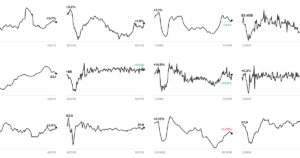

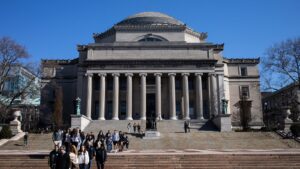




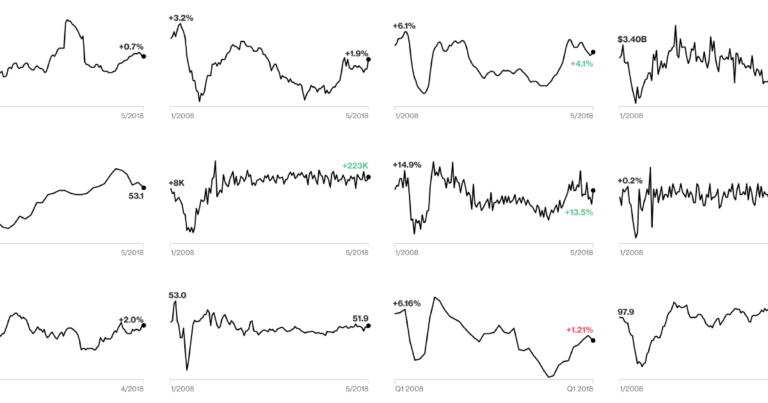
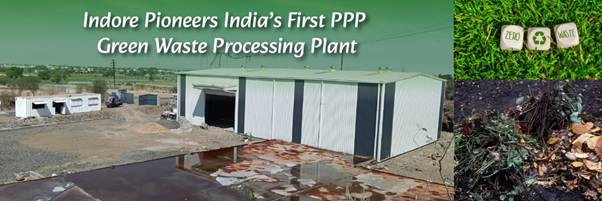
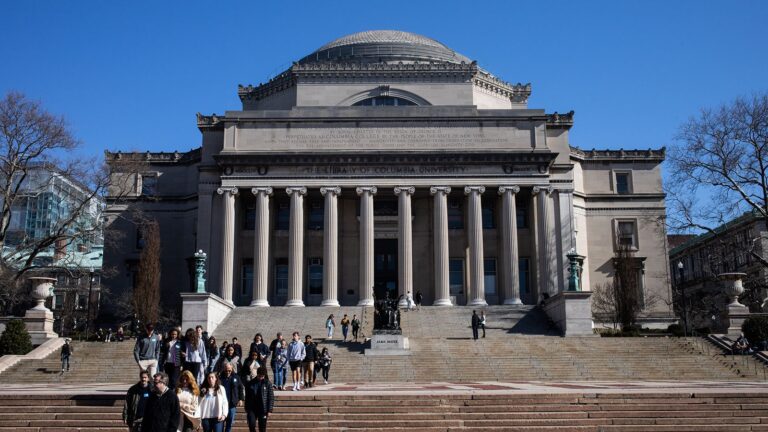






+ There are no comments
Add yours